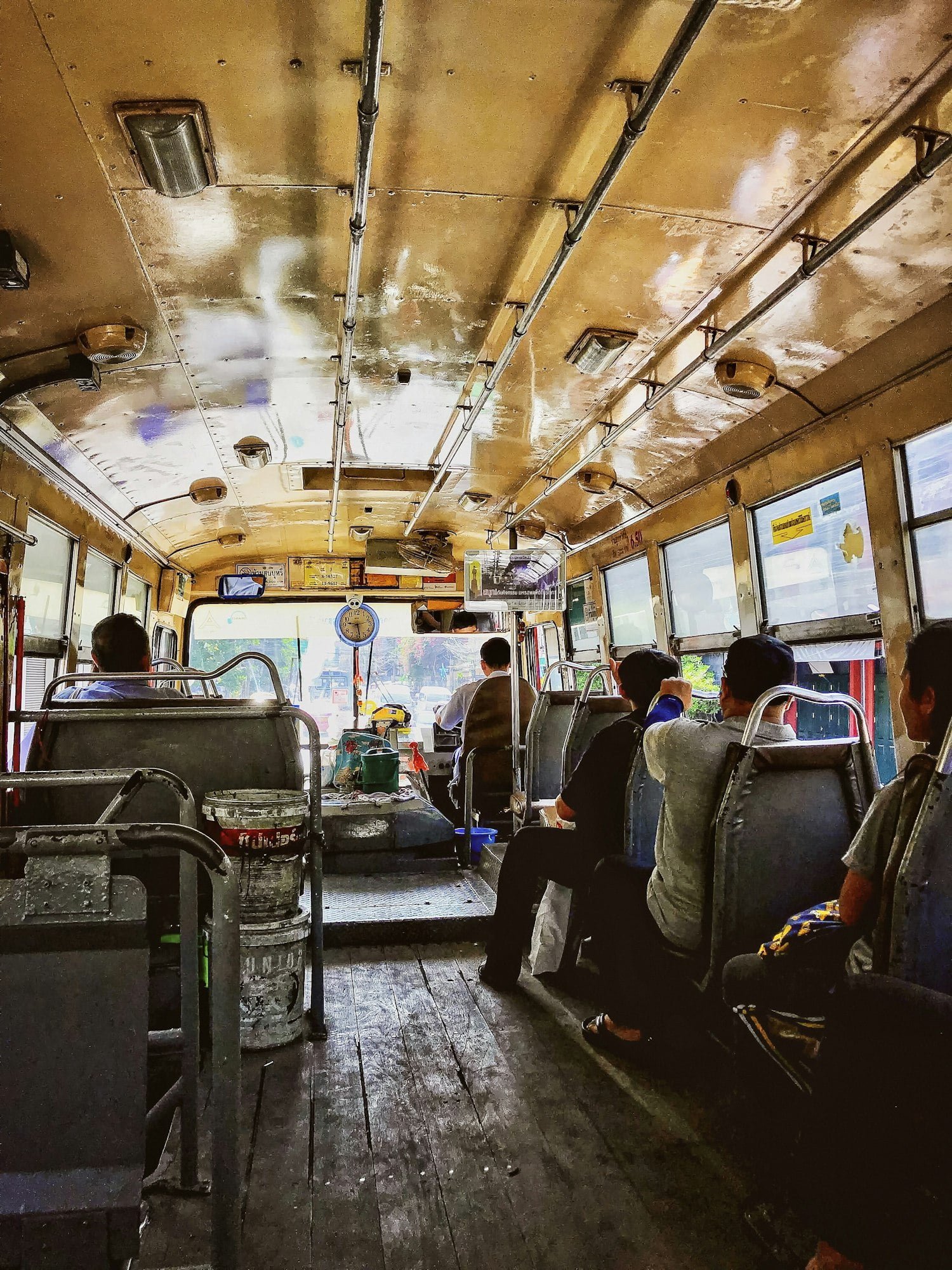AI’s Impact on the Evolution of Public Transportation Systems
Automotive AITable of Contents
Public transportation systems worldwide are undergoing a profound transformation with the integration of artificial intelligence (AI) technologies. From optimizing route planning to enhancing passenger safety and comfort, AI is revolutionizing the way people commute in urban environments. Let’s explore the significant impact of AI on the evolution of public transportation systems.
Optimized Route Planning and Scheduling
AI algorithms analyze vast amounts of data, including passenger demand, traffic patterns, and real-time environmental conditions, to optimize route planning and scheduling. By predicting demand fluctuations and identifying the most efficient routes, AI enables transportation authorities to reduce congestion, minimize travel times, and improve overall service reliability.
Dynamic Fare Pricing and Payment Systems
AI-powered fare pricing and payment systems dynamically adjust ticket prices based on factors such as demand, time of day, and route popularity. This flexible pricing model encourages off-peak travel and maximizes revenue for transportation operators. Additionally, AI streamlines payment processes through contactless payment options and mobile ticketing apps, enhancing the passenger experience and reducing boarding times.
Predictive Maintenance and Asset Management
AI-driven predictive maintenance systems monitor the condition of vehicles and infrastructure components in real-time, detecting potential faults and scheduling maintenance proactively. By minimizing downtime and optimizing asset lifecycle management, AI ensures the reliability and safety of public transportation services while reducing operational costs for transit agencies.
Enhanced Safety and Security Measures
AI enhances safety and security in public transportation systems through advanced surveillance, anomaly detection, and threat assessment capabilities. Video analytics algorithms analyze CCTV footage to identify suspicious behaviors and potential security risks in stations and vehicles. Furthermore, AI-powered sensors and predictive analytics help prevent accidents and mitigate risks associated with equipment failures or adverse weather conditions.
Personalized Passenger Services
AI enables personalized passenger services through intelligent journey planning, real-time updates, and tailored recommendations. Commuters can access customized travel itineraries, receive alerts about service disruptions or delays, and access information about nearby amenities and attractions. By catering to individual preferences and needs, AI enhances the overall passenger experience and encourages greater use of public transportation.
In conclusion, AI is reshaping public transportation systems by optimizing route planning, fare pricing, maintenance practices, safety measures, and passenger services. As AI technologies continue to evolve, we can expect further enhancements in efficiency, reliability, and convenience, ultimately improving the accessibility and sustainability of urban mobility.
FAQs:
How does AI optimize route planning in public transportation systems?
AI analyzes data on passenger demand, traffic patterns, and environmental conditions to optimize route planning and scheduling, reducing congestion and improving service reliability.
What are the benefits of dynamic fare pricing and payment systems powered by AI?
Dynamic fare pricing encourages off-peak travel and maximizes revenue for transportation operators, while AI-powered payment systems streamline transactions and enhance the passenger experience.
How does AI contribute to predictive maintenance in public transportation?
AI-driven predictive maintenance systems monitor vehicle and infrastructure condition in real-time, detecting potential faults and scheduling maintenance proactively to ensure safety and reliability.
What role does AI play in enhancing safety and security in public transportation systems?
AI enhances safety and security through advanced surveillance, anomaly detection, and threat assessment capabilities, helping prevent accidents and identify potential security risks.
How does AI personalize passenger services in public transportation?
AI enables intelligent journey planning, real-time updates, and tailored recommendations for commuters, enhancing the passenger experience and encouraging greater use of public transportation.
